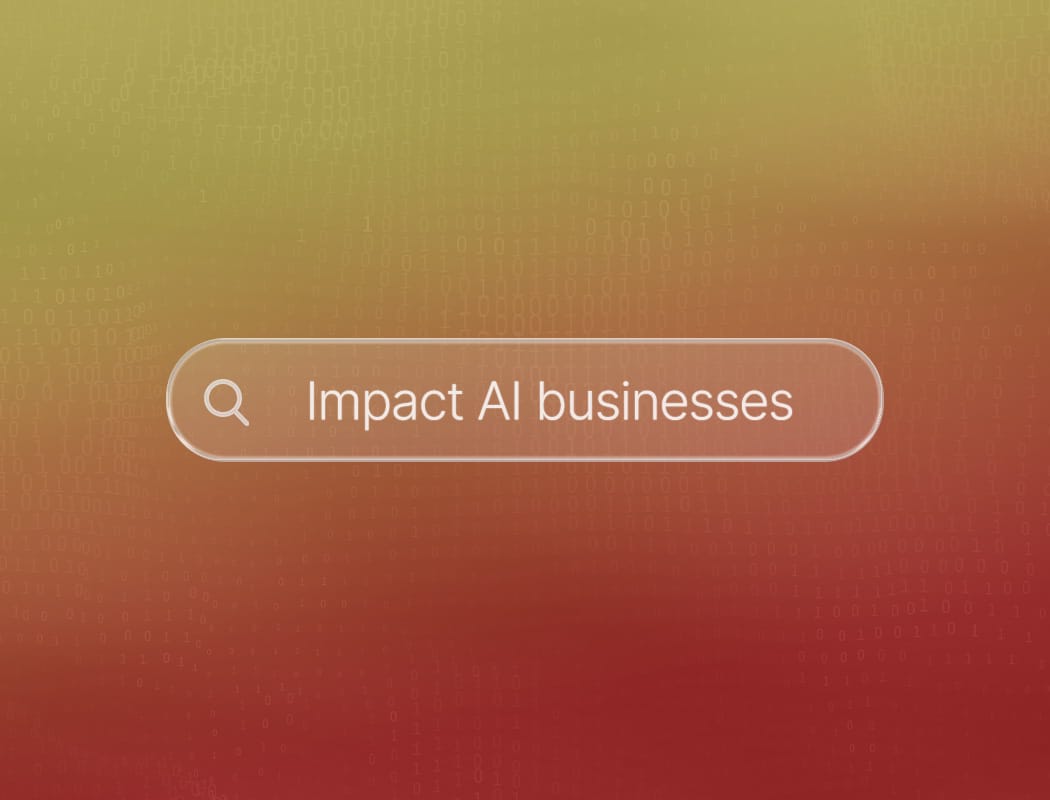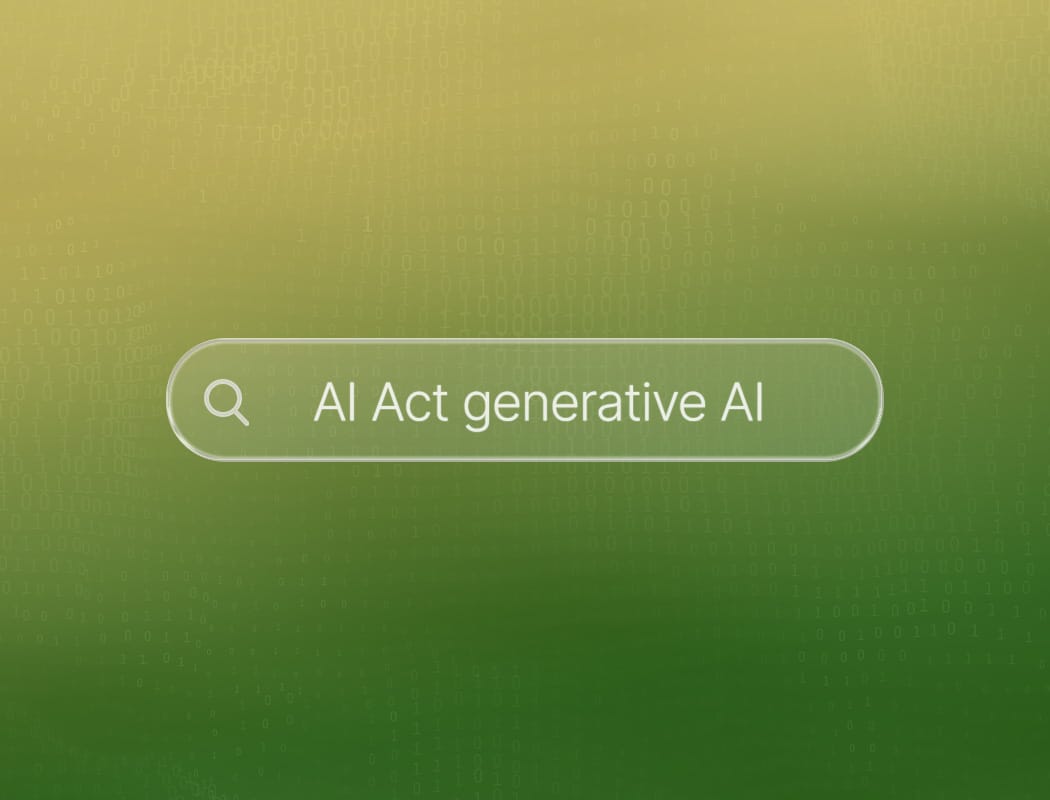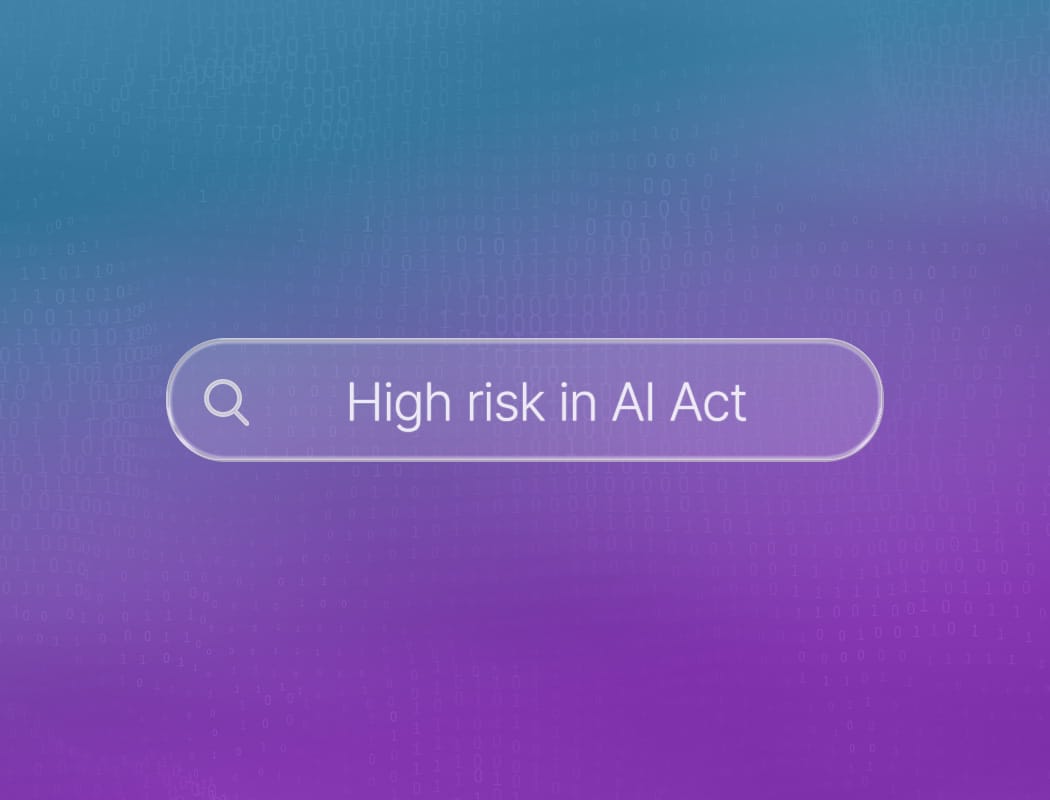How does AI affect businesses?
Artificial intelligence is changing the way companies work. It helps businesses make faster decisions, spot trends, and automate tasks that used to take hours. With AI, teams can focus on creative work instead of getting stuck in routine jobs.
This shift means companies can serve customers better and respond quickly to changes in the market. The impact of AI on businesses is clear in everything from customer service chatbots to smarter supply chains.
The impact of AI on businesses goes beyond just saving time. It brings new ways to predict what customers want and helps leaders plan for the future. AI tools can scan huge amounts of data and find patterns that people might miss.
Can companies leverage the potential of AI?
But here’s where things get interesting. While AI promises incredible results, most companies are still figuring out how to make it work for them. Think of it like having a powerful sports car but only knowing how to drive in first gear.
Big tech companies like Google, OpenAI, and others have created AI systems that could add trillions of dollars in value to the global economy. That’s the kind of number that makes business leaders sit up and pay attention. Yet despite all this potential, something surprising is happening in boardrooms across the world.
Research suggests that nearly every company plans to spend more money on AI over the next few years. But here’s the catch, only a tiny fraction of companies actually know how to use AI effectively. Most are still in the experimental phase, trying different tools and hoping something clicks.
This creates a puzzling situation. Companies are investing heavily in something they haven’t quite mastered yet. It’s like buying expensive kitchen equipment when you’re still learning to cook. The tools are amazing, but you need the skills to match.
The negative impact of AI on businesses
While AI brings amazing opportunities, it also comes with some real challenges that businesses need to think about. These risks aren’t meant to scare you away from AI completely. However, knowing about the risks of generative AI helps you make smarter decisions.
The biggest worry for many companies is getting things wrong. Many employees worry about AI inaccuracy. When AI makes mistakes, it can affect customer trust and even lead to costly errors.
Privacy becomes tricky when AI systems collect and analyze personal information. Customers share their data expecting it to stay safe, but AI tools might use this information in ways people didn’t expect. This creates a trust issue that can hurt your brand if not handled carefully.
Then there is job displacement through AI, another concern that keeps business leaders up at night. While AI can make teams more productive, some employees worry their roles might become unnecessary. This creates tension in the workplace and can affect team morale if not addressed openly.
Security risks also multiply when you add AI to your business. As companies move from narrow to generative to agentic and multi-agentic AI, the complexity of the risk landscape ramps up sharply. Hackers can potentially steal your AI models or trick them into revealing sensitive information.
What changes are businesses experiencing due to AI?
Artificial intelligence is no longer just a buzzword. It is reshaping the way companies operate, make decisions, and interact with customers. The impact of AI on businesses is both broad and deep, touching everything from daily workflows to long-term strategy.
As organizations adapt, they are discovering new efficiencies, smarter insights, and fresh challenges. Here’s how the business landscape is shifting under the influence of AI.
Smarter decision making
AI is helping businesses move beyond gut feelings and guesswork. With advanced analytics and machine learning, companies can sift through mountains of data in seconds. This means leaders can spot trends, predict outcomes, and make choices backed by real evidence.
The impact of AI on businesses is especially clear here, as decisions become faster and more accurate. Teams spend less time debating and more time acting on what matters.
Enhanced customer experiences
Gone are the days when every customer got the same generic email or support response. Now, AI tools analyze behavior, preferences, and feedback to deliver personalized interactions at scale.
Chatbots answer questions instantly, while recommendation engines suggest products customers actually want. This level of customization builds loyalty and keeps people coming back. Businesses that embrace AI find their customers are happier and more engaged.
Streamlined operations
Efficiency is the name of the game, and AI is the coach. Repetitive tasks like data entry, scheduling, and inventory management are now handled by smart systems. This frees up employees to focus on creative and strategic work.
Processes that once took hours now happen in minutes, reducing costs and boosting productivity. The impact of AI on businesses is seen in leaner teams and smoother workflows.
New challenges and opportunities
Of course, the rise of AI brings its own set of hurdles. Companies must rethink roles, retrain staff, and address concerns about privacy and ethics. At the same time, new markets and services are opening up, driven by AI-powered innovation.
This brings in new roles and requires new expertise. Companies need to focus on AI governance to make sure that it is implemented and used in a safe way.
How are businesses adapting to advancements in AI?
Businesses everywhere are feeling the impact of AI on businesses, whether they’re ready or not. Some are cautious, dipping their toes in with small experiments. Others are diving headfirst, eager to automate, optimize, and innovate.
The truth is, no matter the approach, companies can’t ignore the changes AI brings. From customer service to product development, AI is reshaping how work gets done.
Let’s take a closer look at how businesses are adapting to advancements in AI, and what that means for the future of work.
Automating repetitive tasks
The first wave of adaptation often starts with automation. Businesses are using AI to handle repetitive, time-consuming tasks that once ate up hours of human effort.
Think about data entry, appointment scheduling, or sorting through emails. These jobs are now being handed off to smart algorithms and bots.
This shift frees up employees to focus on more creative and strategic work. It also reduces errors and speeds up processes, making companies more efficient.
The impact of AI on businesses here is clear: less busywork, more brainwork. As automation becomes more sophisticated, even complex workflows are being streamlined, allowing teams to accomplish more with fewer resources.
Enhancing customer experiences
Another major area where businesses are adapting is customer service. AI-powered chatbots and virtual assistants are now handling basic inquiries around the clock. They answer questions, solve problems, and even recommend products, all without human intervention.
But it doesn’t stop there. Companies are using AI to analyze customer data and predict needs before they arise. This means more personalized experiences, faster response times, and higher satisfaction rates.
Transforming decision-making
AI isn’t just about doing things faster, it’s about doing them smarter. Businesses are leveraging AI to make better decisions, using data-driven insights that were previously out of reach.
Machine learning models sift through mountains of information, spotting patterns and trends humans might miss. This helps leaders forecast demand, manage risks, and allocate resources more effectively.
The impact of AI on businesses is especially noticeable in industries like finance, healthcare, and retail, where quick, accurate decisions can make or break success. With AI as a guide, companies are moving from gut feelings to evidence-based strategies, gaining a competitive edge in fast-changing markets.
Fostering innovation and new business models
Finally, AI is opening doors to entirely new ways of doing business. Startups and established companies alike are experimenting with AI-driven products and services that didn’t exist a few years ago. From personalized shopping experiences to predictive maintenance in manufacturing, the possibilities seem endless.
Some businesses are even rethinking their entire business models, shifting from selling products to offering AI-powered solutions as a service. The impact of AI on businesses here is profound, driving innovation and creating new revenue streams.
As AI technology continues to evolve, those willing to experiment and adapt will be best positioned to thrive in the future. However it’s also important to think about potential risks of AI and use AI in an ethical way.





